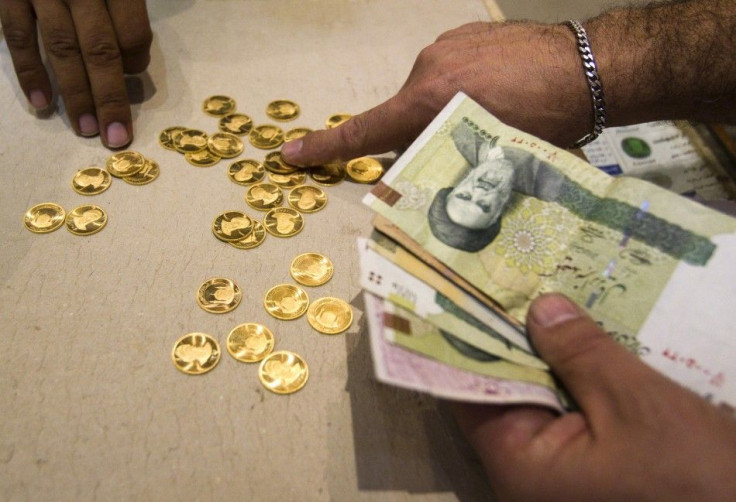Iran Crisis: Obama Sanctions Central Bank

Increasing the economic pressure on Iran, the United States government has sanctioned the Iranian Central Bank, which would result in the freezing of all Iranian government assets which are held or traded in the U.S.
“The [executive order] freezes all property of the Central Bank of Iran and all other Iranian financial institutions, as well as all property of the government of Iran… [and] underscore[s] the administration’s resolve to hold the Iranian regime accountable for its failure to meet its international obligations,” the U.S Department of the Treasury said in a statement.
The Treasury added that Iran “now faces an unprecedented level of pressure due to intensified sanctions applied by the United States and complementary actions by many others around the world.”
The measure follows a series of sanctions already imposed by the U.S. and Western Europe in retaliation for Iran’s nuclear weapons program.
On Sunday, U.S. President Barack Obama told American media that his government is committed to protecting Israel by preventing Iran from gaining a nuclear weapon. However, he reiterated that Washington is committed to resolving the crisis diplomatically, noting that a pre-emptive military strike on Iran would be disastrous, including a shock spike in oil prices.
Speculation has intensified that Israel may be planning to strike Iran as soon as the spring.
Israeli Defense Minister Ehud Barack warned earlier that western sanctions were unlikely to persuade Iran from building atomic weapons.
“Dealing with a nuclearized Iran will be far more complex, far more dangerous and far more costly in blood and money than stopping it today. In other words, those who say ‘later’ may find that later is too late,” Barak said at a conference in Israel.
Iran has long maintained that its nuclear program is designed for peaceful purposes.
© Copyright IBTimes 2025. All rights reserved.





















